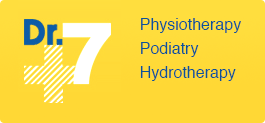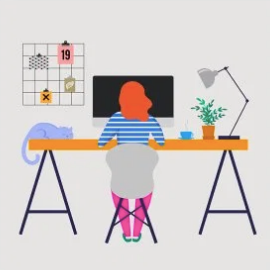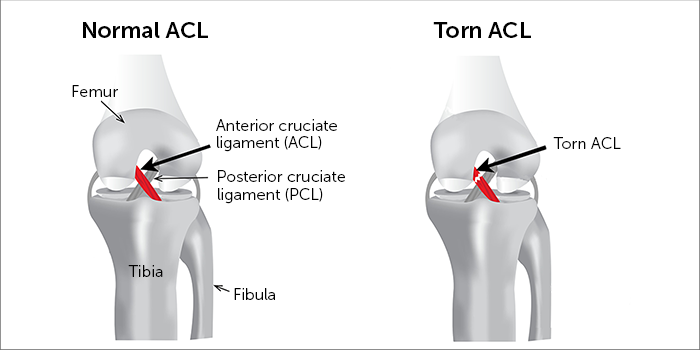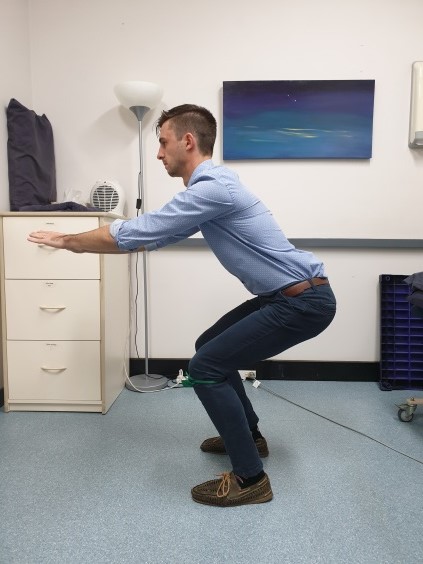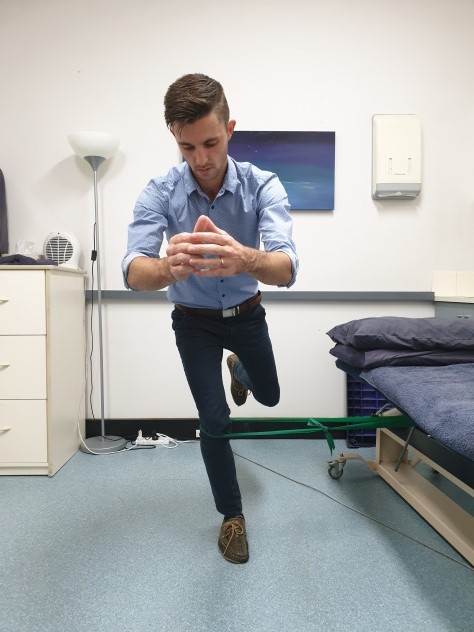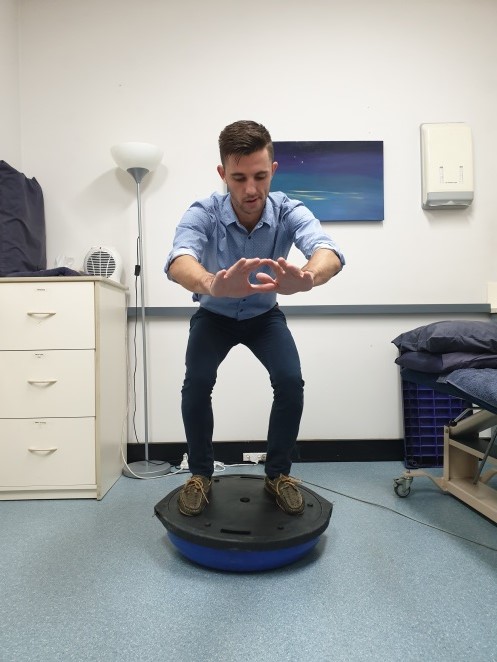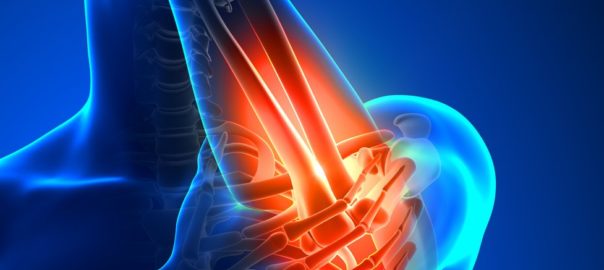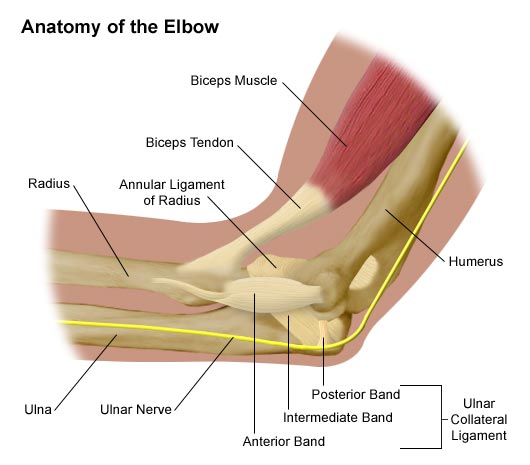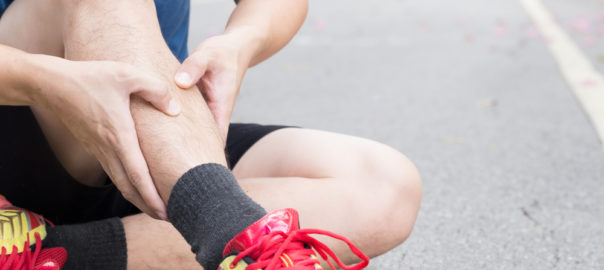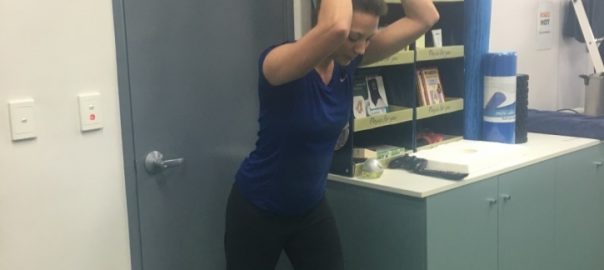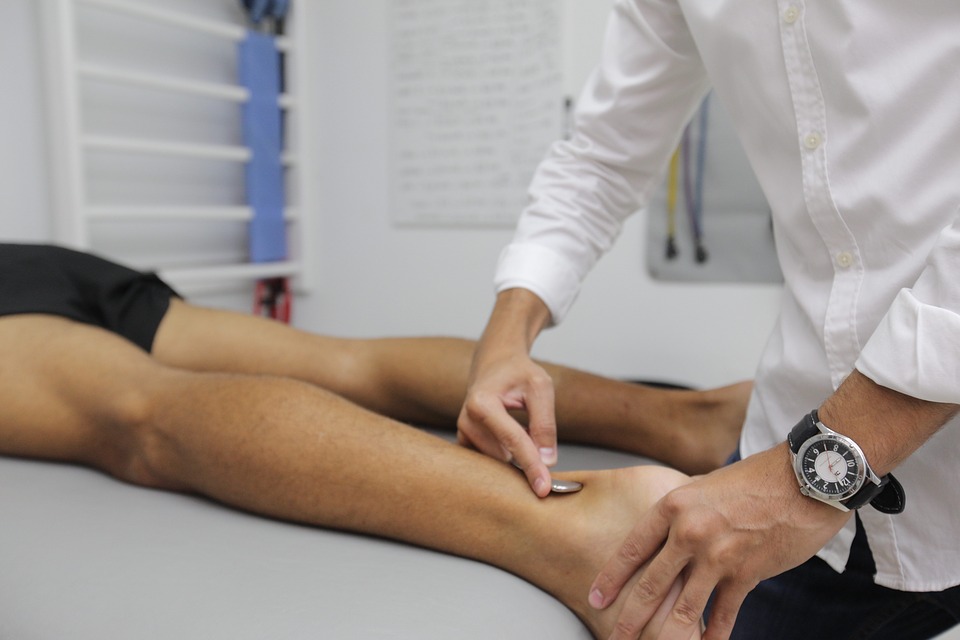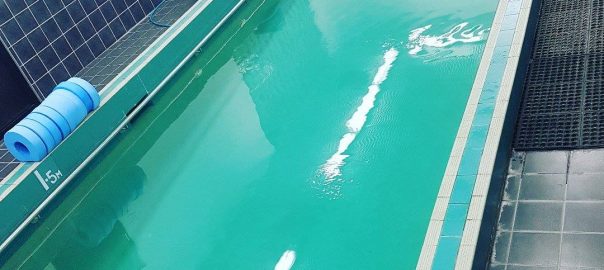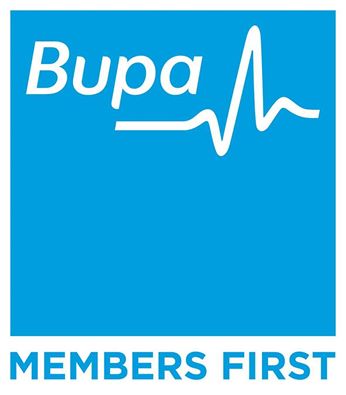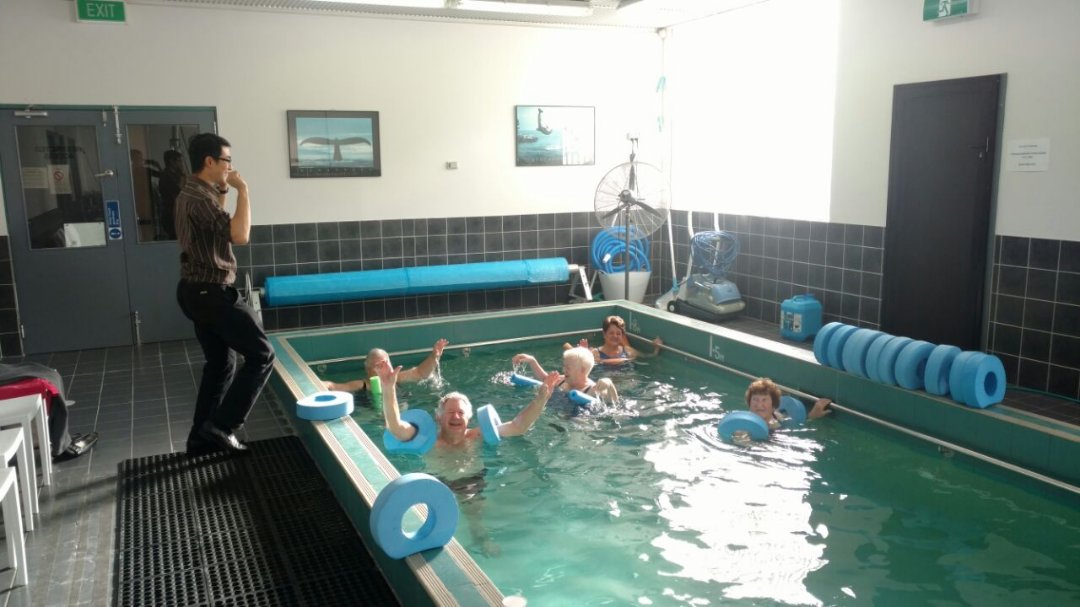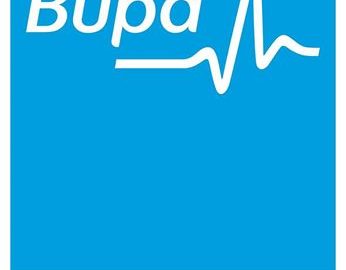Dr7 Physiotherapy and Podiatry’s Yokine therapists have extensive knowledge of biomechanics as well as prevention and treatment of injuries from hobbies and sports. The therapists at Dr7 undertake a wide range of sports and hobbies themselves in their own time which gives them “insider knowledge” of injury prevention and management. Below is a brief summary of activities undertaken by our staff:
Katie Starke
Physiotherapist
Katie has been dancing Latin styles for many years now such as salsa & bachata. Over the last 8 months, Katie has been taking Brazilian Jiu-Jitsu lessons. Katie is also an advocate of yoga and pilates which she does herself on a regular basis. Katie also enjoys running, swimming, and gym-based exercise. Several years ago, Katie was involved in participating in short-distance triathlons.
Ryan Weir
Practice owner
Ryan plays social basketball and trains for long-distance runs and has completed several marathons. Ryan also undertakes gym-based exercise on a weekly basis.
Luke Richards
Physiotherapist
Luke plays AFL football, runs, and attends the gym for strength-based training regularly. Luke has completed the Busselton jetty swim on several occasions.
Tess Moynihan
Physiotherapist
Tess previously competed intensively in outdoor Hockey for many years and trained heavily in Boxing. Currently, Tess is focused on equipment and functional-based strength training, such as rings, and beach swims.
Trevor
Physiotherapist
Trevor has worked for Circus-Soliel on several occasions, providing treatment to their high-level performers. Trevor was also part-owner in an aerial yoga company for many years. Currently, Trevor is focused on jiu-jitsu training, swimming, and trail run.
David Chia
Podiatrist
Dave plays social basketball weekly with Ryan Weir and trains regularly at his local gym. David is also a long-distance bike riding enthusiast.
Chris Gilomen
Podiatrist
Chris plays social soccer in a team in the Hills and also plays social basketball with David Chia on a weekly basis.
All our staff at Dr7physiotherapy and podiatry Joondanna are highly experienced in treating sports injuries and providing prevention methods such as dynamic warm-up stretches, RICE treatment protocols, sports strapping, and sports-specific biomechanics education.
From the wide range of exercises undertaken by our staff at Dr7 Physiotherapy and Podiatry Tuart Hill, you may even be able to find a practitioner with a common interest!
Please contact our clinic on 9349 1777 to arrange an appointment today or book online at the top right hand of the homepage.
